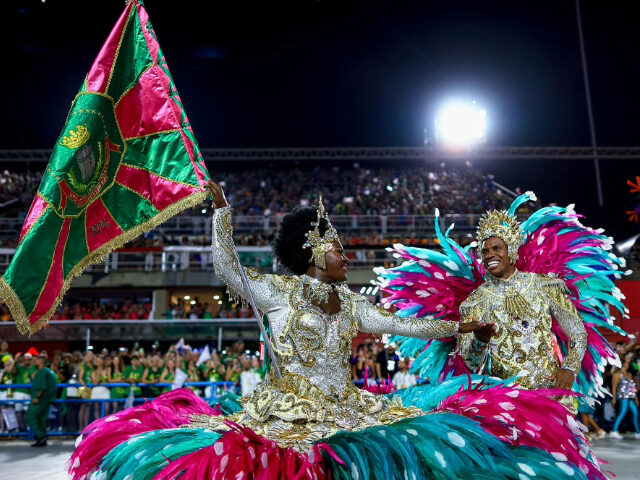Latin American countries began their yearly four-day Carnival festivities in February, an especially significant celebration to Brazil, which holds the largest Carnival parades in the world.
The celebration of Carnival is intrinsically tied to the Catholic faith, as the four-day festivities always begin on the Friday before Ash Wednesday and end the day before, marking the start of Lent. Lent is a period of fasting and reflection in anticipation of Holy Week and Easter.
In Latin America, the festivities are tied to a “long weekend,” as every Carnival Monday and Tuesday are national holidays in multiple countries.
While every Latin American country and its communities celebrate Carnival in their own way, Brazil takes the crown of the largest Carnival festivities in the world, hosted in the Sambadrome of Rio de Janeiro.
Rio de Janeiro officially begins the Carnival festivities every year with a symbolic event in which the mayor of the town “hands over” the keys to the city to a person portraying “King Momo,” who is considered the king of Carnivals and whose “duties” involve presiding over the festivities and promoting the joy of the partygoers.
Brazilian samba schools prepare all year for the Carnival festivities, crafting detailed costumes and designing elaborate floats for the parades and competitions. Every participating school centers its designs around a particular theme or “storyline.”
The Brazilian Portela samba school was declared the winner of 2024’s Carnival competition. The school chose as its theme the novel A Color Defect, written by Brazilian author Ana Maria Gonçalves. The book tells the story of a woman named Kehinde, captured in Africa by slave traders.
The samba school Vai-vai was the center of controversy in 2024, as it chose to feature men dressed as demonic versions of Brazilian Military Police officers. Brazilian police officers condemned the controversial Carnival allegory as an attempt to literally “demonize” law enforcement work.
In the Brazilian town of Olinda, Pernambuco, the Carnival festivities are known to feature elaborate effigies. In 2024, they featured effigies of politicians such as Argentine President Javier Milei, King Charles III, late singers Freddie Mercury and Michael Jackson, and movie characters such as Yoda from Star Wars and the Jigsaw puppet from the Saw horror franchise.
While not as large as Rio de Janeiro’s Carnival parade, cities in other countries also host Carnival parades, such as the Colombian city of Barranquilla and the Venezuelan city of Maturin.
In Bolivia, the Oruro Carnival is a ten-day celebration, declared by the United Nations Educational, Scientific, and Cultural Organization (UNESCO) as part of the “Intangible Cultural Heritage of Humanity” in 2008. The festivities also feature activities to honor the Blessed Virgin of the Candelaria, Bolivia’s patron saint.
Christian K. Caruzo is a Venezuelan writer and documents life under socialism. You can follow him on Twitter here.

COMMENTS
Please let us know if you're having issues with commenting.